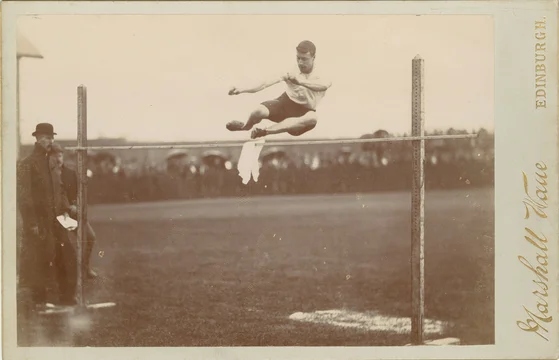
Judge Andrews issued an opinion earlier this month regarding a permanent injunction in Wonderland Switzerland AG v. Evenflo Company, Inc., C.A. No. 18-1990-RGA (D. Del. July 5, 2022). Plaintiff in that case prevailed at a four-day bench trial in 2021, with a damages award of $343,680 (they sought $845,528, according to the draft PTO).
Plaintiff now moved for a preliminary injunction. The Court had held after trial, as part of its Georgia Pacific reasonable royalty analysis, that the parties were "direct competitors":
First, I previously held that "the parties are direct competitors in the industry of the patented invention." . . . Specifically, the parties do not dispute that Graco and Defendant directly compete in the car seat market. (See D.I. 195 at 2 (Defendant agreeing, " There is no dispute that Evenflo directly competes with Graco, Wonderland's customer in a large market for all-in-one car seats.")). Additionally, Plaintiff is the exclusive manufacturer of car seats sold by Graco in the United States. . . . Thus, if Graco loses a sale of a car seat, Plaintiff also loses a sale.
Judge Andrews rejected an apparent attempt to backtrack and argue that the parties were not competitors, in part because defendant offered it in a footnote:
Defendant appears now to dispute whether the parties are direct competitors. . . . But "arguments raised in passing (such as, in a footnote), but not squarely argued, are considered waived." John Wyeth & Bro. v. CIGNA Int'l Corp., 119 F.3d 1070, 1076 (3d Cir. 1997). While I recognize that the relationship between the parties is not the norm in patent litigation, I find the competition between the parties—where lost sales for Graco are lost sales for Plaintiff—suggests that Plaintiff could suffer irreparable harm.
A showing that the plaintiff could suffer irreparable harm, however, is not the same as a showing that they did suffer that harm. Plaintiff failed to show that the competition actually resulted in a loss of market share sufficient to show irreparable harm in a multi-supplier market:
I agree with Defendant and find that Plaintiff has not sufficiently shown a loss in market share, and also has not shown that Defendant's infringement caused any loss in market share. For example, while Wang testified that, following the release of the EveryStage products in 2018, Graco's share of the all-in-one car seat market was " kind of like dropping," I find this to provide only conclusory evidence that is insufficiently supported by actual data. Further, Plaintiff provides insufficient evidence that the release of the EveryStage Products caused any of Graco' s loss in market share, particularly when considering that the market for all-in-one car seats includes many additional companies that are not parties in this litigation.
Plaintiff also tried to argue irreparable harm in the alternative from the fact that a consumer who buys the plaintiff's car seat would they, through brand loyalty, buy their other products. Judge Andrews pointed out an additional problem with this argument: consumers are buying Graco-branded car seats, not car seats sold by plaintiff, and plaintiff did not show that it manufactured other Graco-branded products that consumers might buy:
Plaintiff further argues that Defendant's sales of the EveryStage Products cause irreparable harm due to damage to its reputation as an innovative company and consumer tendencies to stick with a single brand. . . . Particularly, Wang testified that "when consumer[s] ... start to choose Evenflo car seats, they might also choose other products. . . . So if they also buy other EvenFlo products, ... we are not only losing the business of the car seat, we are also losing other product business like play yard[s] or stroller[s]." . . . In reviewing the record, however, I see no evidence that Plaintiff manufactures Graco's play yards or strollers and, thus, Plaintiff has not shown that it would be harmed if Graco lost sales of these items. Moreover, I generally find Wang's testimony about reputation loss, while sincere, to be unconvincing and conclusory.
Judge Andrews then denied the permanent injunction for failure to show irreparable harm.
Plaintiff basically had a simple failure of proof here. But I'm guessing there was no proof out there to be had. If plaintiff had evidence of a two-supplier market or better lost sales evidence, it probably would have moved for lost profits in addition to reasonable royalty. It seems that they knew they couldn't clear the lost profits bar, but they tried for a permanent injunction anyway—and that did not work out for them.
If you enjoyed this post, consider subscribing to receive free e-mail updates about new posts.





